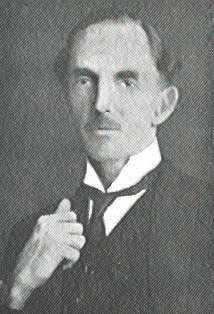
For several days, "Yes on 8" folks have been gathering on corners waving placards and expressing their support for the California ballot initiative seeking to define marriage solely as between one man and one woman in our State constitution. A few "No on 8" placards have also popped up around the area, too.
Today, however, "No on 8" supporters came out in force, holding up their signs and whooping it up as cars passed (some honking out support) on a couple busy local intersections. I was floored when I saw several of the signs on display bearing messages that accuse those who disagree with their position as guilty of "hate".
"Don't teach your children hate" read one. Another hand made sign had the four letters of the word h-a-t-e woven in among the message to vote no. Mind you, not one "yes on 8" placard had any auxilliary message suggesting that those who took the other view were hateful or stupid or evil. They were simply advocating their support for the traditional definition of marriage as the union of a man and a woman. But the other side is quite willing to accuse their opponents of "hating" gays and teaching the children to "hate" them, too. It made me wonder what these particular zealots would say to a gay man or woman who, nevertheless, support a "yes on 8" stance (there are some). Do they hate themselves? Are they trying to teach others to hate them too?
This whole issue underscores what is so odious about today's politics. When citizens and politicians take positions on particular issues, they often go directly to accusing their opponents of hate -- of being like Hitler or Nazis and so on. That's a convenient way to demonize the opposition and suppress real debate but it does little to advance our understanding of one another.
Honestly, I felt slimed by what I saw today -- in fact, I felt a little "hated" since I plan to vote "yes" on 8. And those who know me -- and my children -- know that hate has nothing to do with these convictions. Unfortunately, I can't fit all that on a placard.



.jpg%20flip.jpg)



